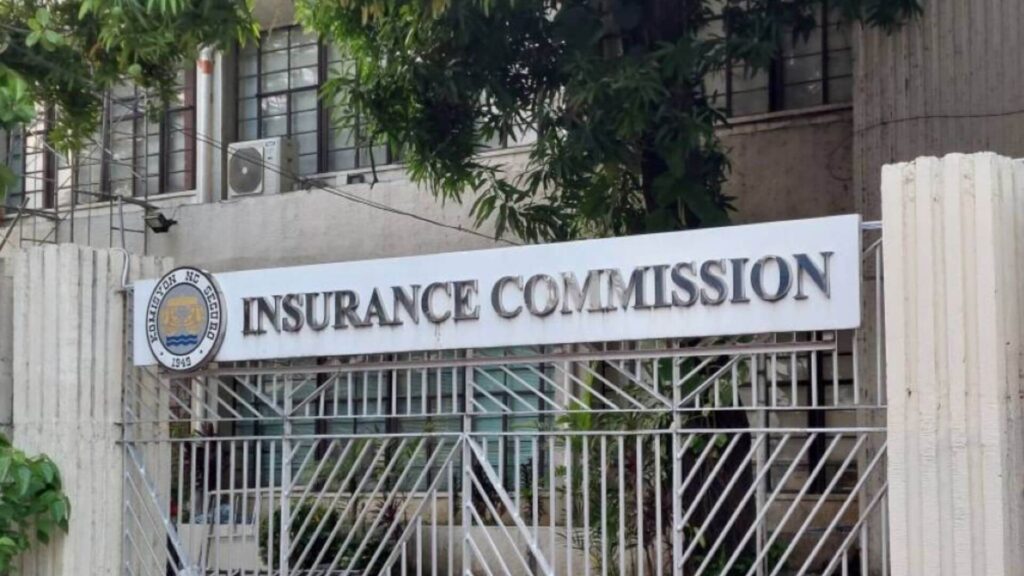Last updated on April 12, 2025
The Insurance Code of the Philippines, officially known as Republic Act No. 10607, is an important piece of legislation that serves as the backbone of the insurance industry in the country. Whether you’re exploring life insurance, health insurance, or any form of protection, it’s essential to know what this law covers.
This summary breaks down the important details into simple terms, so you can understand your rights as a policyholder and what to expect from insurance companies.
What is the Insurance Code?
The Insurance Code serves as the legal framework for all insurance transactions in the Philippines. Its primary purpose is to protect policyholders, regulate the insurance industry, and ensure fair treatment for all parties involved. Think of it as a guidebook that sets the rules for how insurance companies operate and what rights and responsibilities policyholders have.
Key Features of the Insurance Code
1. Types of Insurance Covered
The Insurance Code covers various types of insurance, including:
- Life Insurance: Provides financial protection for your loved ones in the event of death.
- Health Insurance: Helps cover medical expenses when you get sick or need treatment.
- Property Insurance: Protects your home, car, or other valuable items against damage or loss.
- Liability Insurance: Provides coverage in case you are legally responsible for causing harm or damage to others.
Understanding these categories can help you choose the right insurance products for your needs.
2. Your Rights as a Policyholder
As someone who buys insurance, you are entitled to specific protections under the Insurance Code, such as:
- Right to Clear Information: You should receive all the necessary details about your insurance policy, including its terms, exclusions, and benefits.
- Right to Fair Treatment: Insurance companies cannot discriminate against you based on factors like age, gender, or health. Everyone deserves a fair chance to get coverage.
- Right to Dispute: If an insurer denies your claim, you have the right to appeal the decision and present your side.
These rights ensure that you are treated with respect and given the transparency you deserve.
3. Regulation of Insurance Companies
The Insurance Commission (IC) is the government body responsible for enforcing the Insurance Code. They oversee insurance companies, ensuring that they comply with regulations and that they are financially stable. If you ever have concerns about your insurer or feel that you’ve been treated unfairly, you can contact the Insurance Commission for help.
4. Consumer Protection
The Insurance Code includes provisions that protect consumers from unfair practices, such as:
- No Misleading Information: Insurance companies are not allowed to mislead consumers about what their products can or cannot do.
- Claims Must Be Handled Promptly: If you file a claim, insurers must process it within a reasonable timeframe. They cannot unnecessarily delay or deny your claim without a valid reason.
These protections are crucial for making sure your insurance experience is smooth and trustworthy.
5. Licensed Insurance Companies
To legally operate in the Philippines, insurance companies need to be licensed by the Insurance Commission. This licensing ensures that insurers meet certain standards and are equipped to provide financial protection to their policyholders. Before signing up for a policy, it’s a good idea to check if the insurance company is licensed, reputable, and has a good track record.
READ: Top 10 Life Insurance Companies in the Philippines (2025)
Important Provisions to Know
1. Full Disclosure Requirements
Insurance companies are required to give you all the necessary information about their policies. This includes:
- Premiums: The amount you need to pay for coverage.
- Coverage Details: What’s covered and what isn’t under your policy.
- Claim Procedures: Clear instructions on how to make a claim if something happens.
This transparency helps you make informed decisions about your insurance options.
2. Policy Cancellation and Non-Renewal
The Insurance Code outlines the valid reasons an insurer can cancel or refuse to renew your policy, such as:
- Non-payment of premiums
- Fraudulent claims
If an insurance company wants to cancel your policy, they need to follow specific procedures, giving you time to correct any issues (like missed payments) before termination.
3. Licensed Advisors Only
It’s important to get your insurance through a duly licensed insurance advisor in the Philippines. Licensed advisors are trained, accredited by the Insurance Commission, and legally authorized to sell insurance products. This ensures that they provide correct, professional advice and offer policies that comply with regulations.
Working with an unlicensed advisor can lead to problems, such as invalid policies or incorrect information, so always verify your advisor’s credentials before making any commitments.
4. In-Person Signing in the Philippines
According to Sections 193 and 307 of the Insurance Code, all licenses for insurance companies and advisors (agents) are valid only within the Philippines. This means that valid life insurance contracts must also be signed within the Philippines only, and the insured must be physically present in the country at the time of signing.
If a contract is signed abroad, it is considered void. This regulation is designed to protect consumers and ensure that all transactions comply with local existing laws. Always ensure that you complete your life insurance agreements within the Philippines to maintain their validity.
5. Contestability Period
The Insurance Code also establishes a contestability period, typically lasting for two (2) years from the date the policy is issued. During this period, the insurance company can investigate and contest claims based on misrepresentation or omission of material facts by the insured. If the insured passes away during this period, the insurer may deny the claim if they find that false information was provided during the application process.
However, after the contestability period ends, the insurance company generally cannot dispute the validity of the policy, provided that the premiums have been paid.
6. Filing Complaints
If you believe your insurer is treating you unfairly or has violated your rights, you can file a complaint with the Insurance Commission. They will investigate your case and take action if necessary. This process is important for holding insurance companies accountable and ensuring that consumers have a way to seek justice.
Why Does This Matter?
For many of us, insurance is more than just a piece of paper—it’s a promise of security. Whether it’s for your family, your health, or your home, insurance provides peace of mind. By understanding the Insurance Code, you are better equipped to know your rights and responsibilities as a policyholder.
The Insurance Code of the Philippines is there to ensure that your insurance experience is fair, transparent, and beneficial. It also promotes trust within the insurance industry by regulating how insurers conduct their business. So, whether you’re buying life insurance to protect your family or health insurance for unexpected medical bills, the code ensures that you’re getting a fair deal.
Where to Find More Information
This blog provides a brief summary of the most important parts of the Insurance Code, but if you’re interested in diving deeper into the specifics, we’ve added the full text of the Insurance Code here for your reference.
Additionally, you can visit the Insurance Commission’s website for more information, updates, and resources on all things related to insurance in the Philippines.
Final Thoughts
The Insurance Code of the Philippines is designed to protect you. It ensures that insurance companies uphold their responsibilities and treat policyholders fairly. So, whether you’re thinking about getting insured or already have a policy, know that this law safeguards your rights every step of the way.
If you ever feel unsure about your insurance policy or need guidance on which coverage is best for you, don’t hesitate to contact me for help. As a licensed insurance advisor, I can assist you through the process and answer any of your inquiries.
Insurance can be confusing, but the Insurance Code of the Philippines is there to help you feel secure in making the right decisions for you and your loved ones.



